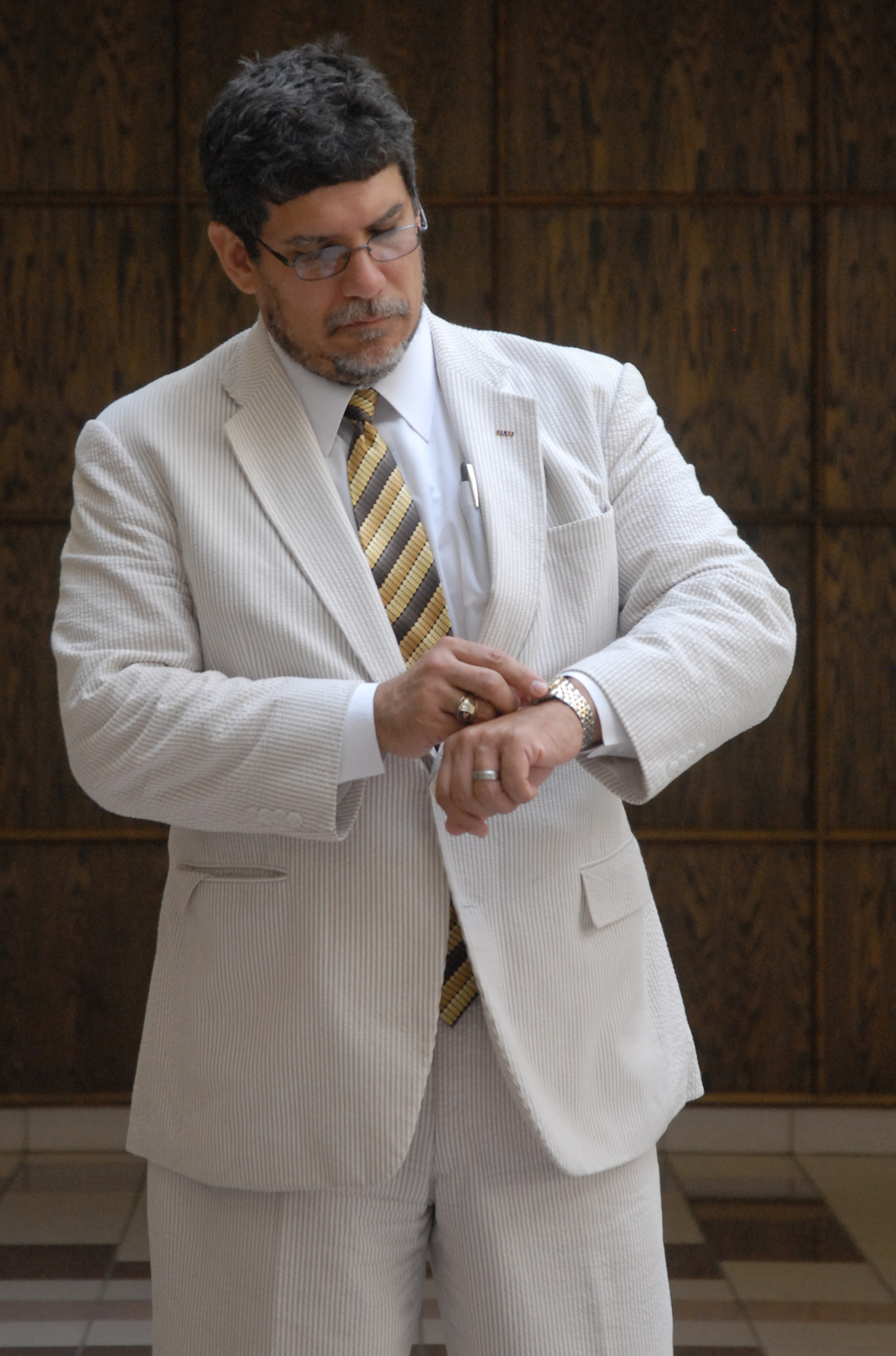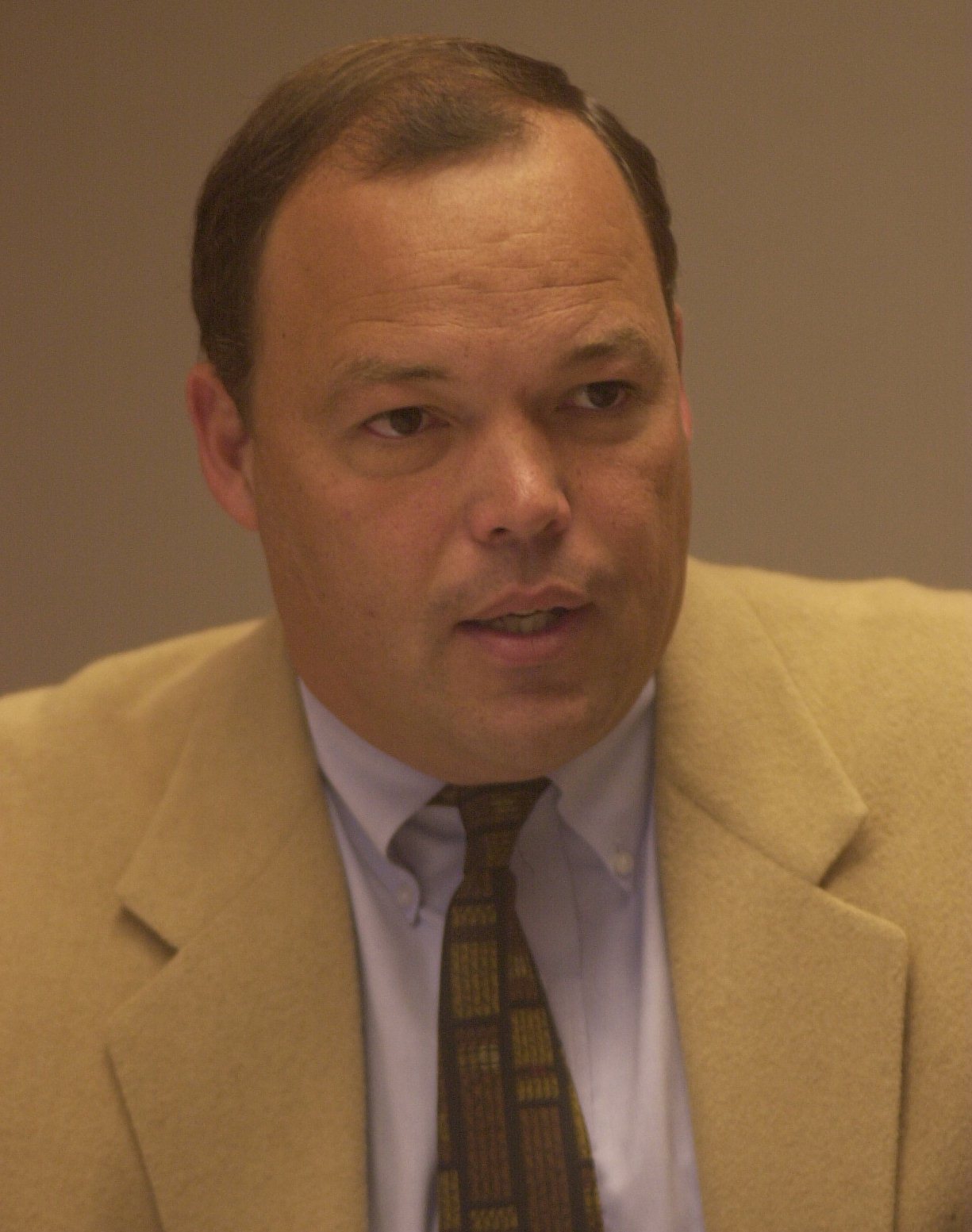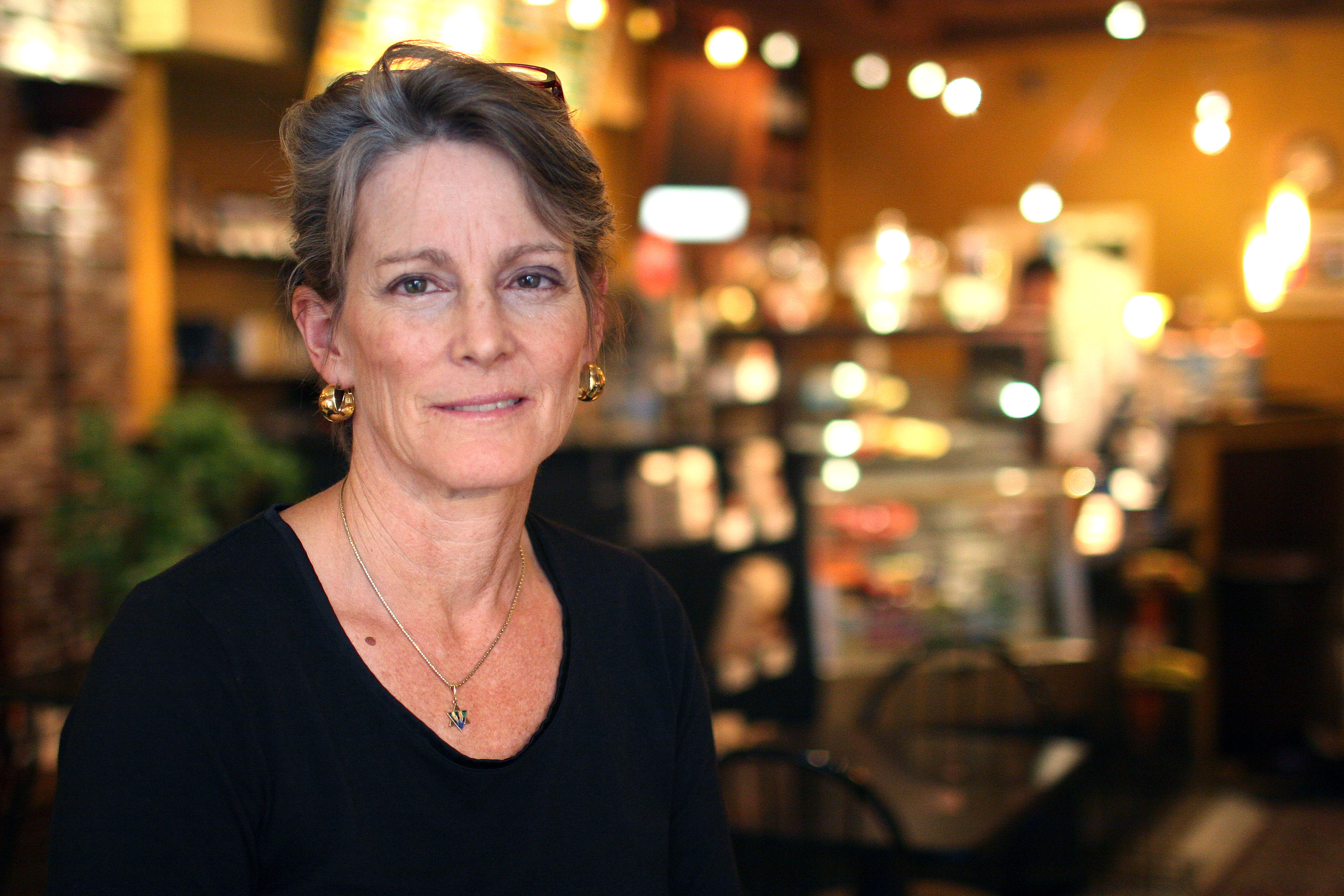Four Chattanoogans whose lives were radically altered by 9/11
Thursday, September 8, 2011
Many Americans have their "9/11 story." Where they were when the towers fell. What they felt in the wake of news that the nation had been attacked. How they watched America change.
But for these four Chattanoogans, 9/11 radically altered their lives. Because the towers fell, their lives took drastic turns. They took on new jobs and moved to new cities. They mourned the loss of their old lives and were compelled to look for new beginnings. Others postponed a new life to stay in an old one - even if that meant facing life-threatening danger.
These are their "9/11 stories."
Four blocks from Ground Zero
Minutes after the first plane hit the World Trade Center on Sept. 11, 2001, Michel Belknap's apartment began filling with dirt and dust.
The apartment was four blocks from the WTC complex, where Belknap worked for a company on the 15th floor of the North Tower. She and her husband felt the rattling impact of the first explosion.
Belknap - who moved to Chattanooga two years ago and is now an art teacher at Dalewood Middle School - hadn't made it into work yet.
After the first attack, Belknap and her husband quickly stuffed backpacks with some belongings and hopped on their bikes to head up to Brooklyn to escape Manhattan. Right before they left, they heard it: A sound like a groaning freight train and a series of sharp, booming thunderclaps.
The towers were collapsing.
"It was like you could hear each individual floor as it crashed down," she described. "I remember thinking, 'No one in Lower Manhattan could have just survived that.'"
Later in the day, as calls began to trickle in from co-workers, Belknap took on the task of touching base with everyone from her company and connecting them to their families. Because her company was on such a low floor, all of its employees - about 100 - made it out alive, she said.
But later, Belknap and her husband learned the unthinkable - a dear friend, a man who had been a groomsman in their wedding, had been on United Flight 175, which crashed into the South Tower. He, his pregnant wife, their 2-year-old daughter and their unborn child all were lost.
With no central offices, Belknap's company had her work remotely, so she and her husband moved back to her hometown, New Orleans. Just two years later, Hurricane Katrina destroyed their home, along with Belknap's parents' home.
"It was pretty unbelievable," Belknap said. "But experiencing 9/11 helped us learn to help people cope with incredible loss. So we were better equipped to deal with that tragedy and help our family cope."
After Katrina, Belknap's parents moved to Chattanooga, and she, her husband and their new baby followed shortly after.
As an artist, Belknap says painting has helped her get through the horrors she's witnessed from both 9/11 and Katrina. And her experiences deeply affect the way she teaches at Dalewood, where many students are from low-income homes.
"I teach in a school where, unfortunately, many kids have experienced loss," she said. "And I can tell them - you can't control life; you can't control the weather or if someone hates you. You can't control who your family is and whether they're supportive or not. But you determine how you respond."
Law career put on hold
Robin Flores was launching artillery in Smyrna, Tenn., when planes hit the World Trade Center towers on Sept. 11, 2001.
Then 42 years old, the Chattanooga lawyer was within months of retiring from a military career that spanned parts of three decades, including service in the U.S. Navy in Beirut in 1982, deployment to the Persian Gulf in 1990 with the South Carolina Army National Guard and time with the Tennessee Army National Guard.
But when the Tennessee Guard's 181st Field Artillery Battalion asked for volunteers after 9/11, he raised his hand.
The Indiana native had moved from South Carolina to Chattanooga to finish school at UTC in 1995. He attended law school in Knoxville and then returned to the Scenic City to build his practice in 2000. But 9/11 was too important to ignore, he said.
He'd served before. He had experience and couldn't let the guys he'd trained with for years go without him.
One scene arises in his memory from those hectic post-9/11 days. After finishing a weekend drill, he went into a bookstore to buy coffee. Suddenly people began applauding. He turned around, wondering who they were clapping for.
"This older lady came up to me with tears in her eyes and said, 'I hope you guys get them and make them pay,'" he said.
He was in Chattanooga, managing his practice when the orders came down to mobilize the 181st in December 2002, and he had to scramble to ready for war and to pass his clients' cases to other attorneys.
He called the Board of Professional Responsibility for the Tennessee Supreme Court and told them the situation. It was not something they'd dealt with very often.
"You can't just abandon your practice," the counsel official told him.
A few days later they called back with his options - ask the courts to freeze all his cases, ask the council to suspend his license, refund any unearned money and have other lawyers take on his clients.
He chose the last option.
"Within 30 days I had no clients," he said.
He hit Iraq with the Chattanooga-based unit in its first post-9/11 deployment in 2003, serving as the battalion commander's driver until severe carpal tunnel syndrome disabled him from active service. He retired from the Guard a few months later, having spent four months in Iraq.
He returned to a hibernating law practice, bills and no clients. The first day back in Chattanooga he said he went to the Hamilton County Courthouse in his uniform and ran into General Sessions Judge Clarence Shattuck and some of his fellow attorneys.
"The judiciary here was great," he said.
Within a few months, he'd accepted numerous court-appointed cases and went back to life in a seersucker suit, complete with an Army Achievement Medal lapel pin, marking his service overseas.
Delayed flight, new career
As he boarded a Washington, D.C.-bound plane after a layover in Memphis on Sept. 11, 2001, Ken Meyer noted that it was perfect flying weather.
"Not a cloud in the sky. Just a pristine blue," he remembers.
As he settled into his seat, he was mentally readying himself for a job interview awaiting him at the nation's capital. Meyer, a former Tennessee state representative based in Chattanooga, had been tapped for a position in the U.S. Department of Commerce, and this trip was supposed to be the last step in the hiring process.
The plane started taxiing up the runway when its speed suddenly dropped and it came to a halt. The pilot's voice crackled over the intercom.
"Something I've never seen before has just happened," he told the passengers. "They've grounded all aircraft in the United States, so we're heading back to the terminal."
Once in the terminal, they learned that airplanes had slammed into the World Trade Center towers in New York, the Pentagon in Washington and that one aiming for the White House had crashed in a field in Pennsylvania.
The airport was chaos. Every rental car was gone, and the corridor for baggage claims was stacked high with suitcases. Meyer didn't get back home to Chattanooga until the next day.
A week later, Meyer headed back up to Washington, this time by car. As he and his wife drove into the capital, they noticed snipers posted on buildings and soldiers patrolling with dogs. The Pentagon still was smoldering.
"It was so quiet, like a ghost town," he said. "But there was definitely an obvious military presence."
His job interview had to be delayed again after one of the staff members he was supposed to meet with couldn't make it back to the city in time.
That delay changed the course of Meyer's career. When talks about his new job finally ramped up again six months later, "No Child Left Behind" legislation had been passed, and now the Department of Education asked Meyer to be its deputy assistant secretary.
Education policy and technology has been at the heart Meyer's career ever since.
"If I had gone to D.C. that day, I probably would have worked for the Department of Commerce. Instead, I ended up in the Department of Education at a very pivotal moment in its history," he said.
Joining the Bush administration in 2002, Meyer saw the political climate in Washington permeated by what he describes as a rare spirit of partisanship.
"There was great cooperation between the parties, a spirit of, 'OK, let's work together to take care of this problem,'" described Meyer. "It was a fascinating thing to watch."
A decade after the nation's mass display of unity, Meyer - who now serves as vice president of GlobalScholar, an education technology company - said he's afraid the country is more divided than ever.
"The mood then was that we were going to pull together to protect this country. Today, we're doing nothing but fighting among ourselves - damaging our nation from the inside," he reflected.
This Sunday, Meyer will be boarding another plane to Washington for a business meeting.
"I'm not nervous about it," he said. "But it really makes you stop and think."
Traveling to a new business
Eileen Mason and Evelyn Wheeler felt the pangs of terrorism a year before most Americans.
The two ran a travel company, helping groups across the country coordinate trips to the Middle East. After a series of violent terrorist attacks struck Israel in 2000, the two put all trips on hold.
"We held our breath for six months, thinking things would eventually settle back down and we could start planning trips again," Mason remembers. "And then 9/11 happened, and we realized that the nail was on the coffin of the business."
As the women grappled to find another means of income, Wheeler came upon something the two loved: Coffee.
Both relished the coffeehouses they had visited in Europe, and Mason was living in Oregon, where the Starbucks craze was just starting to ignite. Wheeler, who lived in Chattanooga, said the city could use a good coffee shop downtown.
So the two opened Chattz Coffee on Market Street.
"Terrorism had impacted our business from the beginning, and then we saw terrorism strike our shores," Mason said. "We didn't lose anything compared to what people lost in New York and Washington, D.C., but we wanted to honor people that had to start over because of that."
The business took off. Mason moved to Chattanooga. It wasn't long before the women opened a roasting studio and started supplying coffee to companies all over the city.
Meanwhile, the women have gradually started planning trips to the Middle East again. Mason said she senses Americans are growing bolder in their approach to travel over the last several years.
"People seem to be more confident to go overseas. Security is a much bigger priority in travel now," she said. "And in a strange way, people aren't as fearful of terrorism striking overseas because unfortunately, they've seen it can happen anywhere."



